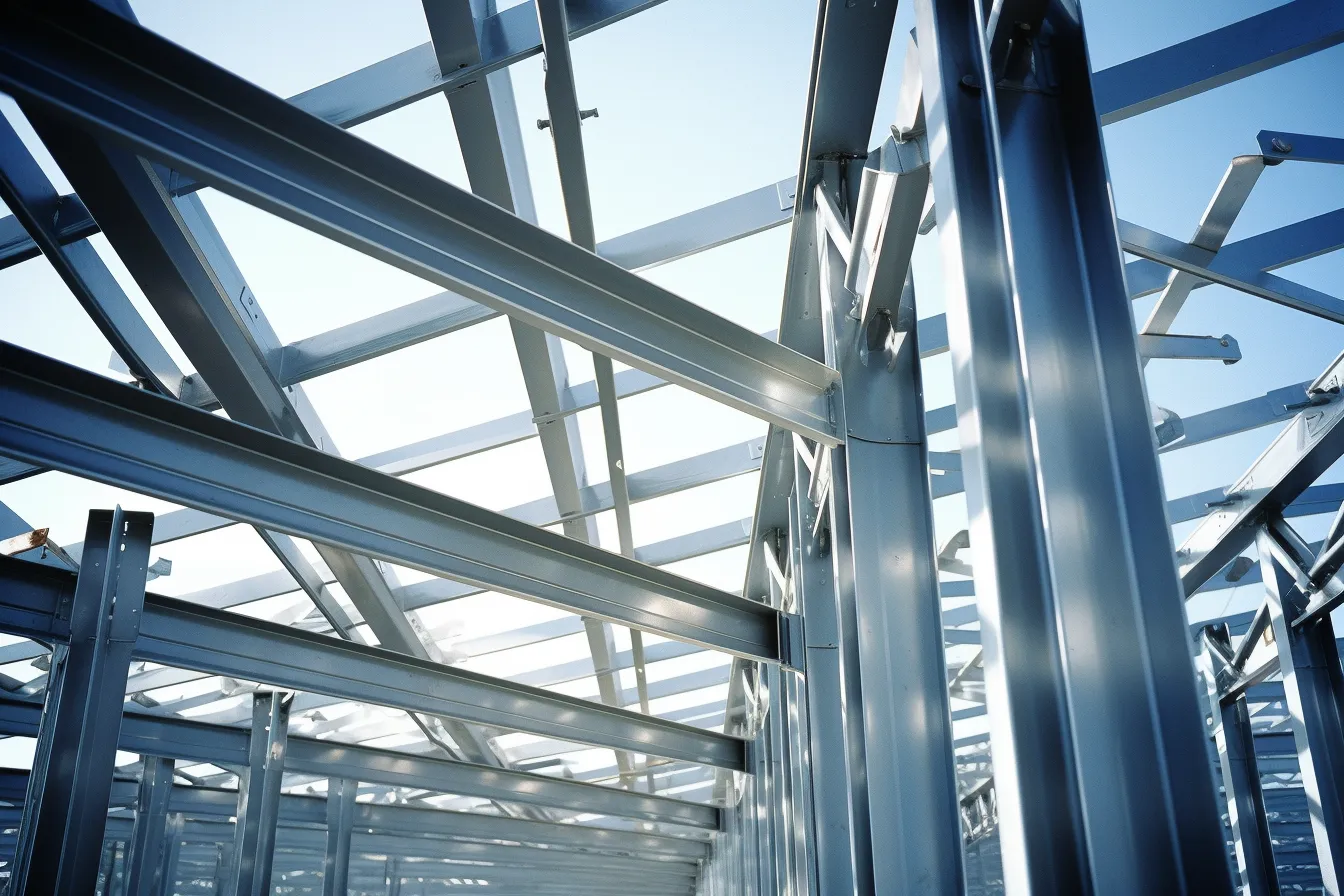Decoding Construction Insurance – Understanding Coverage and Why It’s Essential
Construction projects can be complex undertakings, involving various stakeholders and risks. As a contractor or project manager, it’s crucial to have a comprehensive understanding of construction insurance to protect yourself and your team from potential liabilities and financial losses. In this article, we will break down the key aspects of construction insurance, explain different coverage options, and highlight why it is essential to have proper insurance in place for construction projects.
The Basics of Construction Insurance
Construction insurance, also known as contractor’s insurance or builder’s risk insurance, is a specialized form of insurance designed to protect construction professionals from risks associated with their projects. It provides coverage for damages, losses, and liabilities that may occur during the construction process.
Construction insurance typically covers three main areas:
- Property Damage: This includes coverage for damage to the construction site, materials, equipment, and tools. It protects against risks such as fire, theft, vandalism, and natural disasters.
- Third-Party Liability: This provides coverage for injuries or property damage caused to third parties, such as pedestrians or neighboring properties. It safeguards against legal claims and potential lawsuits.
- Worker’s Compensation: This coverage protects the construction company or project owner from liabilities arising from work-related injuries or illnesses suffered by employees.
Why Construction Insurance is Essential
H2: Protecting Your Financial Interests
Construction projects involve substantial investments of time, money, and resources. Without adequate insurance coverage, you could be exposed to significant financial risks. Consider a scenario where a fire breaks out at the construction site, damaging expensive equipment and materials. Without insurance, you would bear the entire cost of replacing these items.
Furthermore, construction projects often face delays and disruptions due to unforeseen circumstances. A robust insurance policy can help mitigate the financial consequences of these setbacks, covering additional expenses and minimizing the impact on your bottom line.
H2: Meeting Legal and Contractual Requirements
Insurance is not only essential to safeguard your financial well-being but also to comply with legal and contractual obligations. Many construction projects require contractors and builders to carry specific types and levels of insurance coverage. Failure to meet these requirements can lead to legal penalties or the invalidation of contracts, increasing your exposure to risks and potential legal disputes.
H2: Building Trust and Confidence
By having appropriate construction insurance, you demonstrate your professionalism and commitment to project stakeholders. Clients, investors, and lenders are more likely to trust and work with contractors who prioritize risk management and have proper insurance coverage. Insurance acts as a safety net, giving peace of mind to all parties involved and enhancing overall confidence in the project’s success.
Choosing the Right Construction Insurance
No two construction projects are the same, and insurance needs can vary depending on factors such as project size, scope, and location. Consider the following factors when selecting the right insurance coverage:
– Assessing Project Risks: Identify potential risks and vulnerabilities specific to your construction project. This could include risks related to the property, environment, subcontractors, or specialized equipment.
– Coverage Limits and Deductibles: Determine the amount of coverage you need for each type of risk. Consider your financial capacity, project size, and the potential scope of liabilities. Also, evaluate the deductibles associated with the insurance policy.
– Policy Exclusions and Extensions: Understand the exclusions and limitations of the insurance policy. Evaluate whether additional coverage or extensions are needed to address specific risks or contractual requirements.
– Insurance Provider Reputation: Choose an insurance provider with a strong track record, specialized experience in construction insurance, and a reliable claims settlement process.
Remember, acquiring the appropriate construction insurance, keeping it up to date, and communicating changes to relevant parties are crucial steps in managing risks effectively throughout the project’s lifecycle.
In conclusion, construction insurance is not just a legal requirement; it is a vital risk management tool that protects your financial interests, ensures compliance, builds trust, and enhances project success. By understanding the basics of construction insurance and selecting the right coverage for your project, you can confidently navigate the complexities of the construction industry and mitigate potential liabilities.
